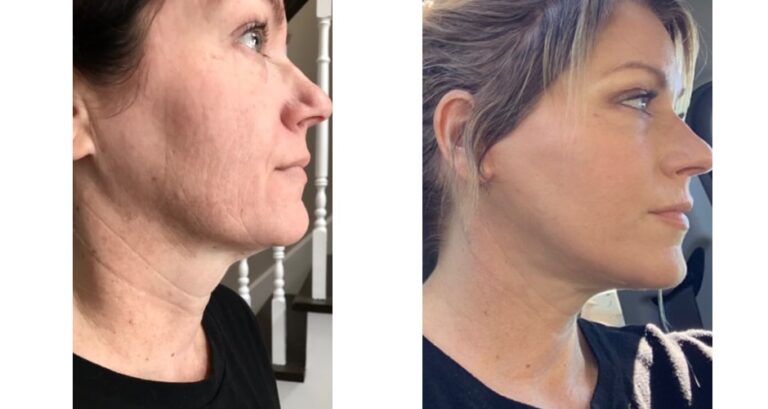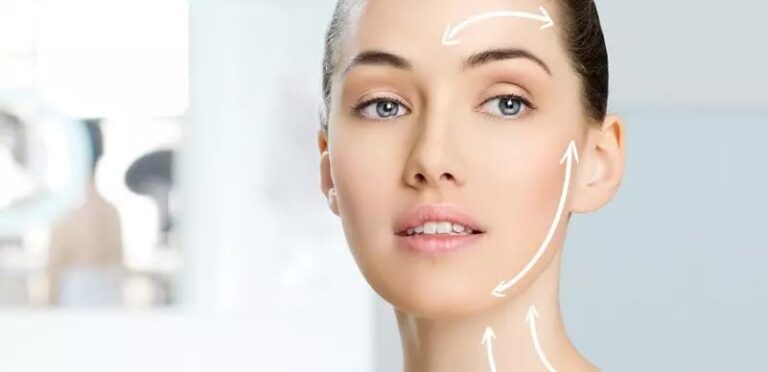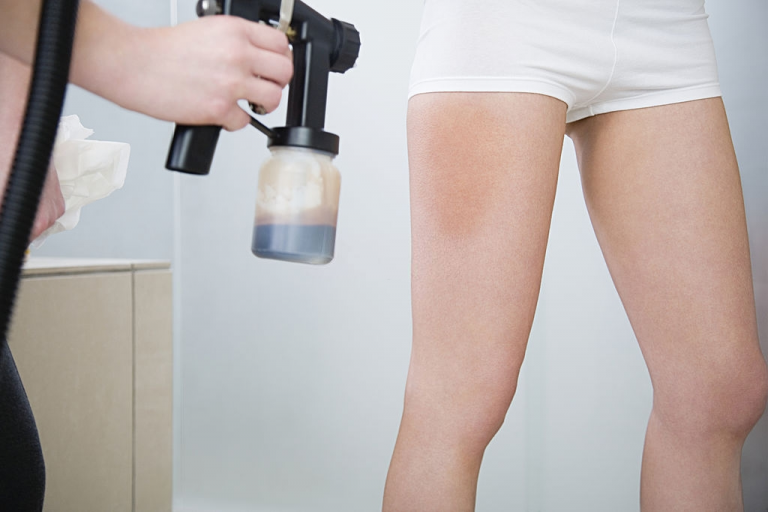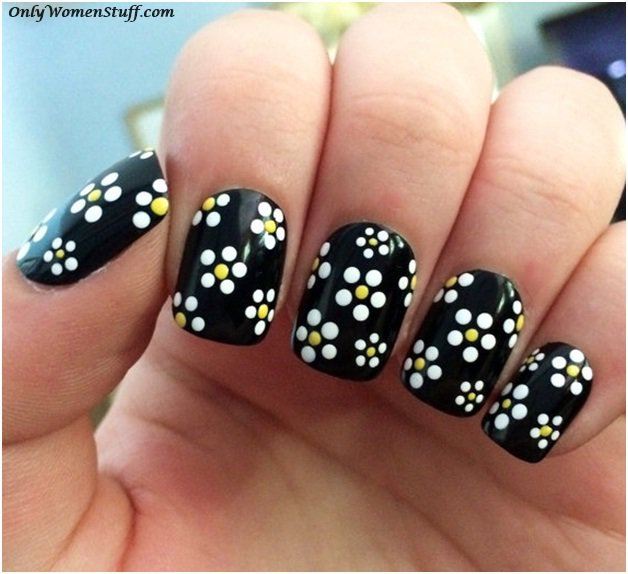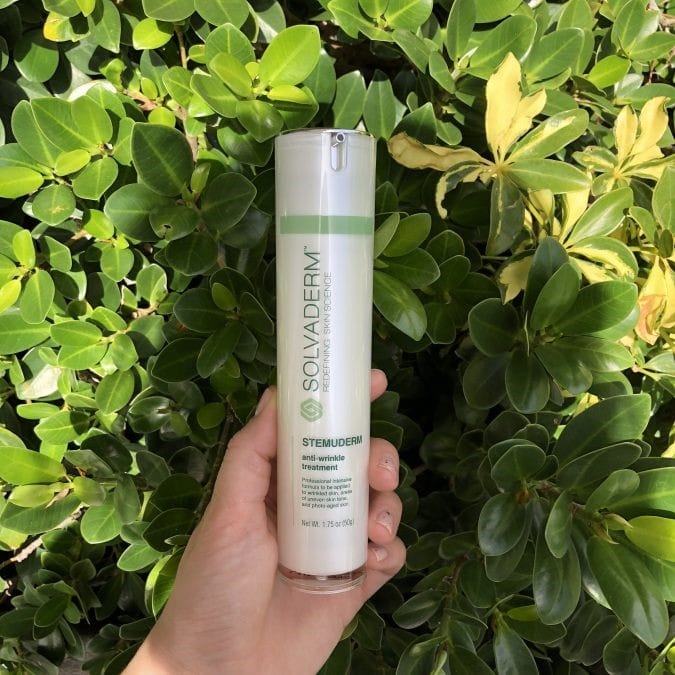Essential Vitamins to Improve Your Skin
Nothing puts you down and lowers your self-esteem, like unhealthy skin. Acne and dryness are the most common signs of a poor skin condition. The best way to eliminate this problem is by taking essential vitamin supplements. These vitamins are important for maintaining healthy skin.
They also help reduce the risk of wrinkles and blemishes, among other skin problems. Every vitamin you take helps to improve your skin’s elasticity and moisturize it. Let us look at some essential vitamins that can help improve your skin’s elasticity.

Vitamin C
Vitamin C is essential for the proper function of collagen. It also acts as a powerful antioxidant, defending against free radicals and lowering the risk of skin cancer. Without enough vitamin C, people may experience easy bruising, bleeding gums, and slow-healing sores.
The production of collagen in the body requires Vitamin C. Collagen is essential for hair growth and strengthening muscles and tendons and contributes to having youthful and smooth skin. However, as collagen production slows down with age, it may cause the skin to sag.
The Most Important Function of Vitamin C:
Topically-applied vitamin C has been shown to stimulate collagen and elastin production. As these two substances help maintain youthful, plump skin, using vitamin C topically can help reduce the appearance of premature aging.
The dark circles that sometimes appear under your eyes after a few nights of poor sleep are caused by a network of blood vessels located right below the skin.
In a small clinical study, researchers observed that vitamin C reduces the chances of getting a dark circle under your eyes and prevents future occurrences. It strengthens the otherwise thin, sensitive skin under the eyes. The antioxidant properties of vitamin C make skin more stretchy and resilient to the visibility of blood vessels.
You can find vitamin C in most foods, but it is especially abundant in citrus fruits and broccoli. Further, you can purchase vitamin C supplements from certified websites such as Life Botanics. Before purchasing, you should read the label, quality, and dose. You can choose capsules or liquid.
Vitamin E
This is a natural antioxidant that helps in protecting the cells from free radicals. Essential for maintaining good health. It is found in many fruits and vegetables, such as spinach, and broccoli, the main component of vitamin E, which protects your skin from sun damage.
People with oilier skins have vitamin E in significant amounts as it is found in their sebum or skin oil. Vitamin E in your skin oil creates a protective barrier that helps keep your skin moisturized. Too much UV light exposure reduces vitamin E, accelerating your aging process.
How Vitamin E Improves Your Skin:
Ongoing research suggests vitamin E can improve skin conditions via its photoprotective and antitumorigenic properties. Vitamin E doesn’t treat or cure any skin disorders but helps you maintain your skin healthily. Below are some of the ways that vitamin E in moisturizers work
- Retains moisture in the skin
- Protects your cells from damage from the sun and other environmental elements
- Decreases skin inflammation and redness
However, this doesn’t mean you get rid of your sunscreen for vitamin E oil. You can use them both together. Just apply your Vitamin E oil to your skin and let it sip in your skin for a few minutes before applying sunscreen.
Two types of UV light are responsible for skin damage. These are the Ultraviolet A (UVA) and Ultraviolet B(UVB). Vitamin E can absorb some UVB rays but can’t save you from UVA rays. That is where your sunscreen saves the day as it protects you from sunburns. Unfortunately, none of them can save you from skin cancer from UVA rays.
Vitamin A
Vitamin A effectively fights skin inflammation and redness caused by sun exposure. It is essential to both your upper and lower skin layers. Vitamin A protects your skin against sunburns by interrupting collagen production. Additionally, it assists the oil glands surrounding your hair follicles work effectively. Vitamin A has a lot of benefits, especially for people on steroids, to help decrease skin inflammation.
How Vitamin A Works on Your Skin:
Once you apply vitamin A topically, it will begin to work through absorption as your skin is retinoid-responsive. Retinoids or vitamin A penetrate your skin to accelerate elastin and collagen production, which in turn helps reduce the chances of acne and open pores.
When taking vitamin A orally, your liver converts retinol and transports some of it to your cells via the lymphatic system. You can eliminate dirt, excess oil, and dead skin cells. Additionally, you can incorporate vitamin A into your diet. Foods rich in Vitamin A include:
- Beef liver
- Eggs
- Fish
- Salmon
- Dairy products, including milk, butter, and cheese
- Shrimp
- Cod liver oil
Further, you can look for vitamin A supplements to get the most out of its benefits. There are plenty of options in the market today. These include;
- Retinyl palmitate (preformed vitamin A)
- Multivitamins with retinol
- A mixture of provitamin A and preformed vitamin A
- Prescribed Topical retinoid
- Beta carotene (provitamin A)
Topical vitamin A comes in the form of creams, serums, and oils that help reduce the appearance of wrinkles, moisturize the skin, and act as a sunscreen. One can also find OTC acne products and prescription acne treatments containing this vitamin.
Conclusion
Don’t allow yourself to suffer from dry skin and acne against your will. These vitamins will help you fight against the signs of aging and keep you looking young and healthy. Purchase any of these vitamins and see the difference in your skin in.

